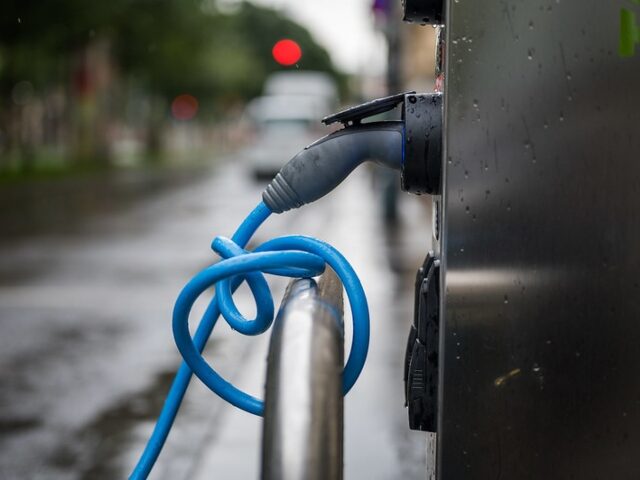According to a recent report from ChargerHelp, unreliable public charging infrastructure and inaccurate information on charger uptime have become two of the biggest barriers to the electric vehicle (EV) transition in the United States.
A recent report from ChargerHelp, a company that trains and employs technicians to service and repair EV charging stations in more than a dozen states, claims that the widespread adoption of electric vehicles (EVs) in the United States is being hindered by a significant obstacle: unreliable public charging infrastructure and inaccurate information on EV charger uptime.
In the EV Charger Annual Report, the company analyzed more than 19 million data points collected from public and private sources in 2023, including real-time assessments of 4,800 chargers by ChargerHelp technicians in the field. The findings reveal that software consistently overestimates station uptime, point-in-time status, and the ability to successfully charge a vehicle. Kameale Terry, ChargerHelp CEO and co-founder, emphasized that the reasons behind charger failures are complex and require a collaborative approach to resolve.
Comparing data from different sources, including ChargerHelp technicians, EV charger data-management provider Paren, the Department of Energy’s Alternative Fuels Data Center, and state utility commission filings, exposed significant discrepancies between the automated status reports from EV charger management software and the real-life experiences of EV drivers. ChargerHelp technicians found that more than 10 percent of the 4,800 charge points they inspected were reported to be online but were unable to complete a test charge. Similarly, Paren, which aggregates data from major US public fast charging stations (excluding Tesla Superchargers), estimates that true station uptime averages just 84 percent, compared to the self-reported 92 percent by charging network providers.
These findings are supported by numerous smaller-scale studies and surveys conducted in recent years. A 2022 study of 657 chargers at 181 non-Tesla public charging sites in the San Francisco Bay Area found that only 73 percent were capable of delivering a charge for more than two minutes. Additionally, a May survey from Plug In America reported that 40 percent of U.S. EV drivers expressed dissatisfaction with public charging availability and reliability, with 68 percent having experienced a broken or nonfunctional charger within the previous 12 months.
The primary causes of charger failures include damaged or failing cables, internal electronics, communications issues, software problems, and technology integration failures. Payment processing difficulties, one of the most common reasons for failed charging sessions, often fall into the “unknown” category. The patchwork nature of the current public charging system, with various companies building and operating the stations, further complicates the issue.
Read the full report at ChargerHelp here.
Lucas Nolan is a reporter for Breitbart News covering issues of free speech and online censorship.

COMMENTS
Please let us know if you're having issues with commenting.